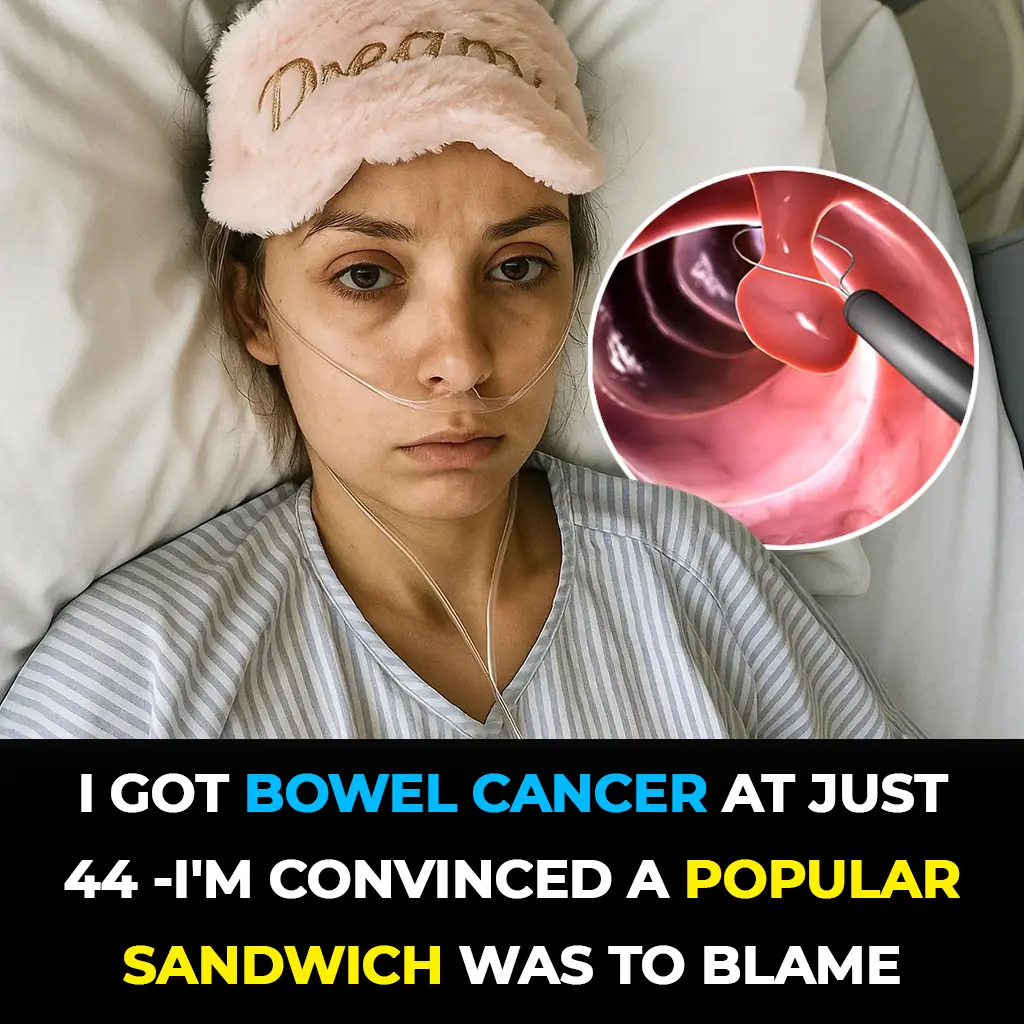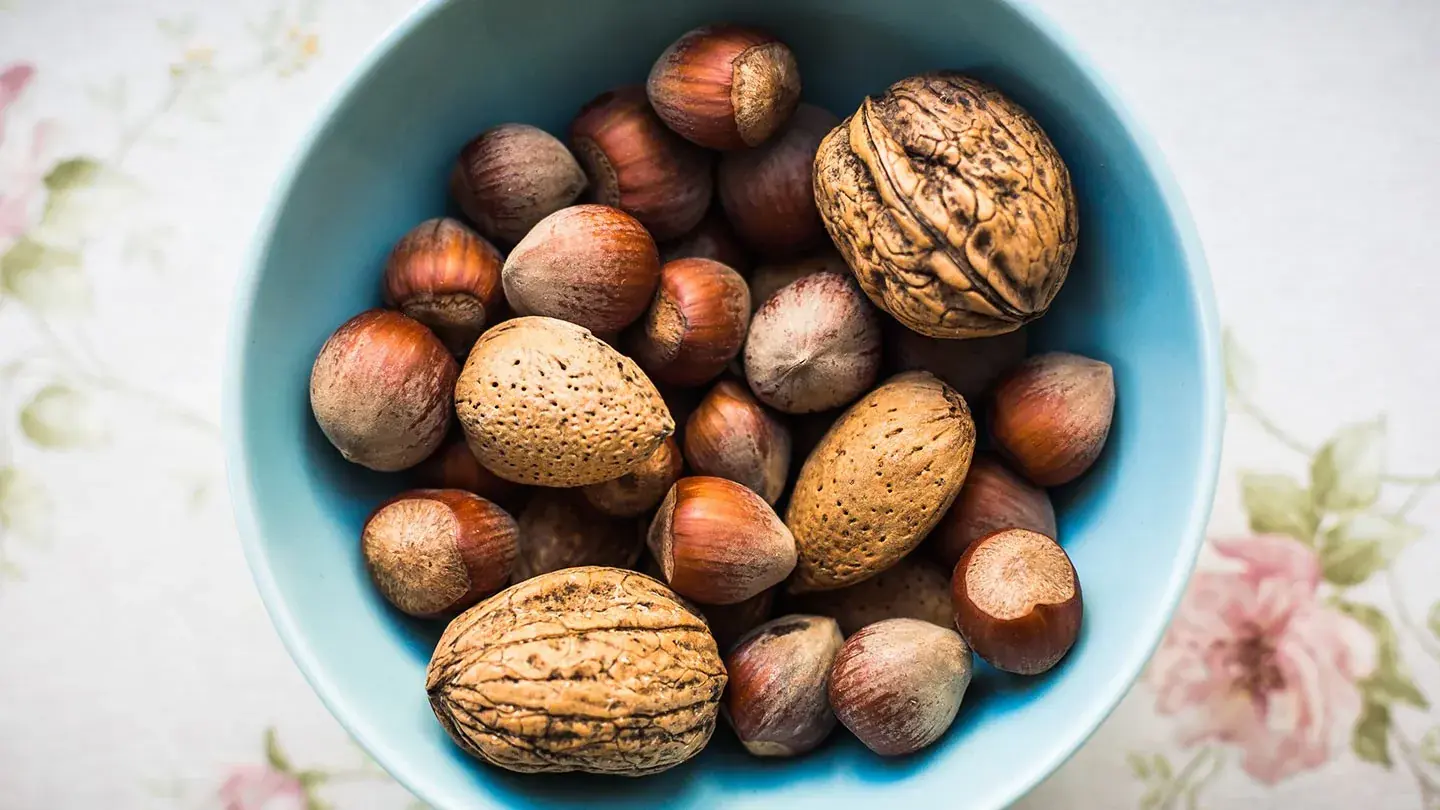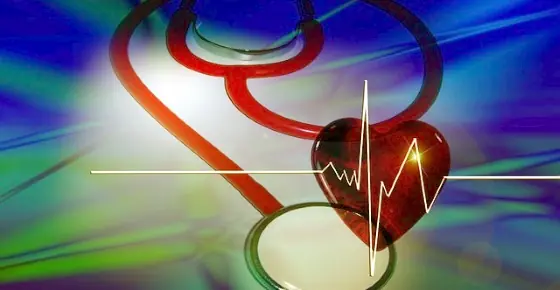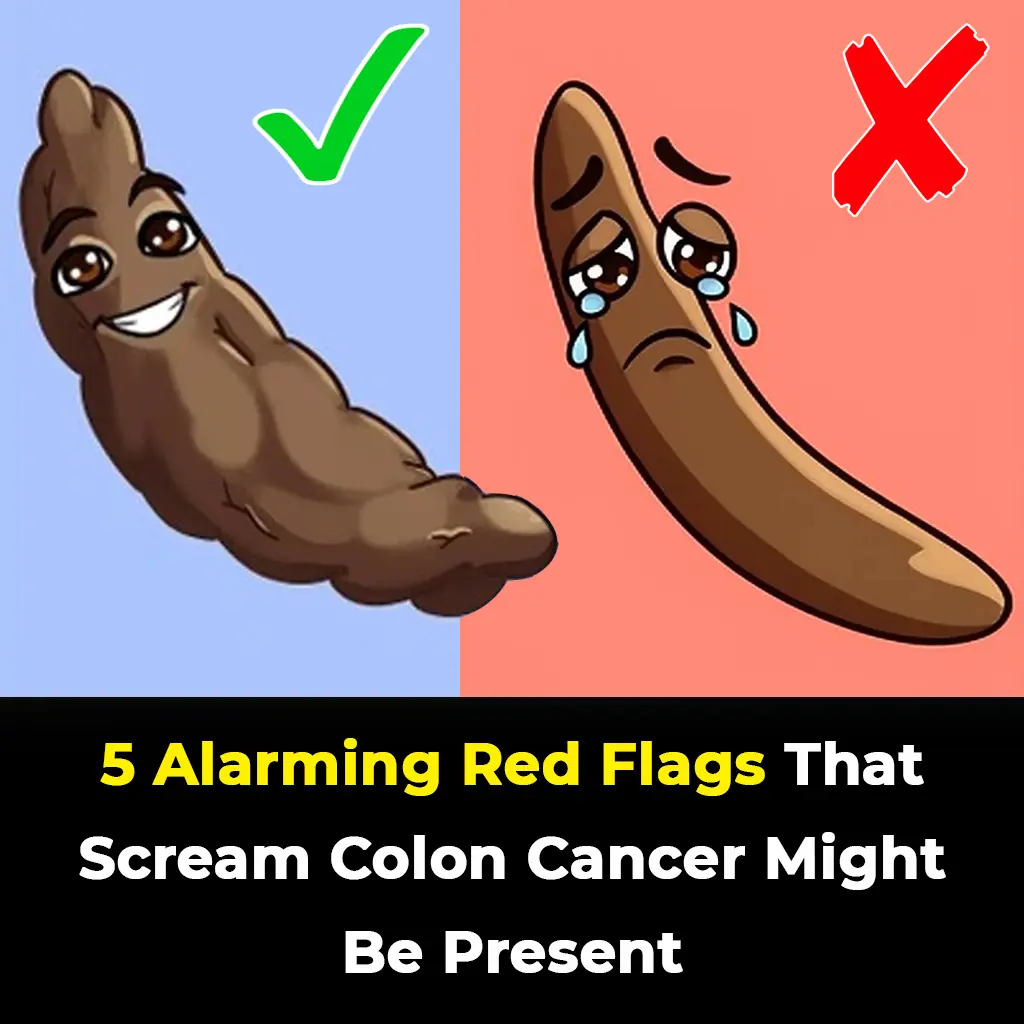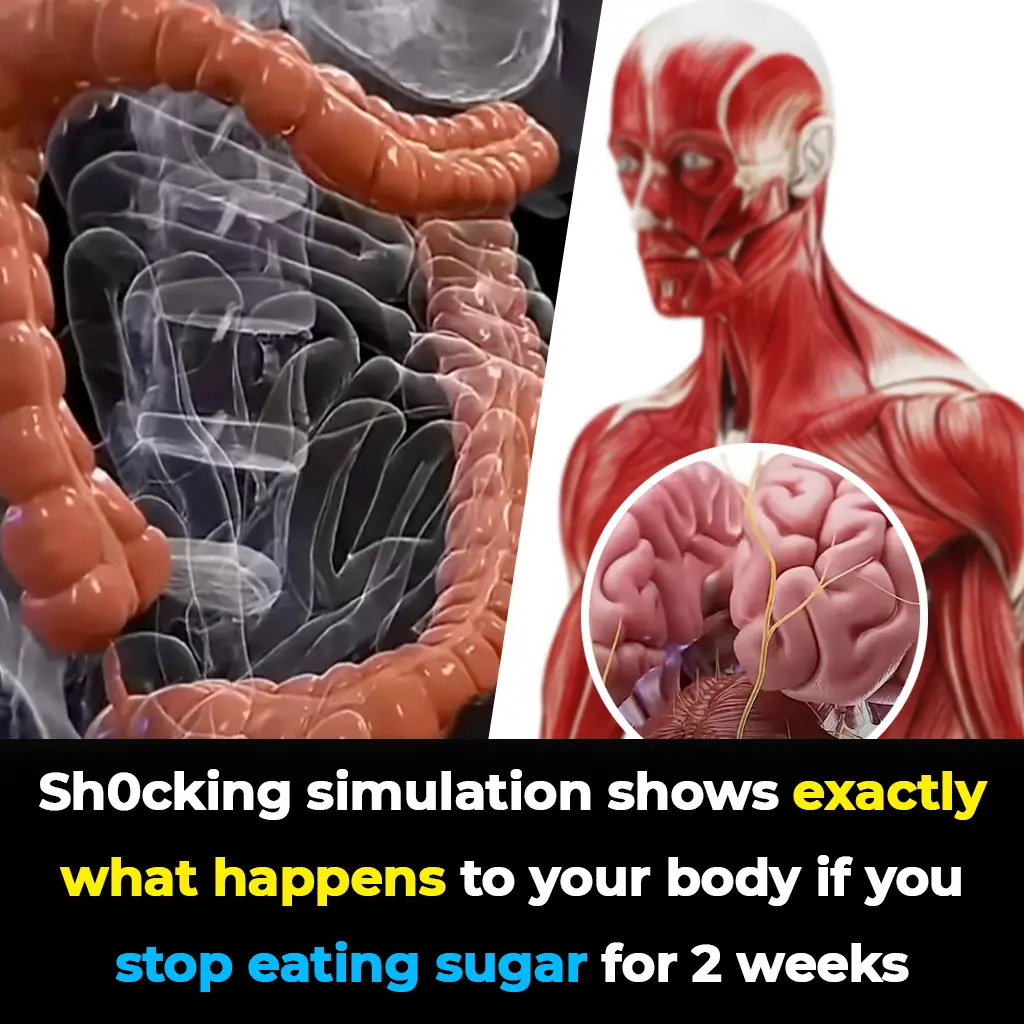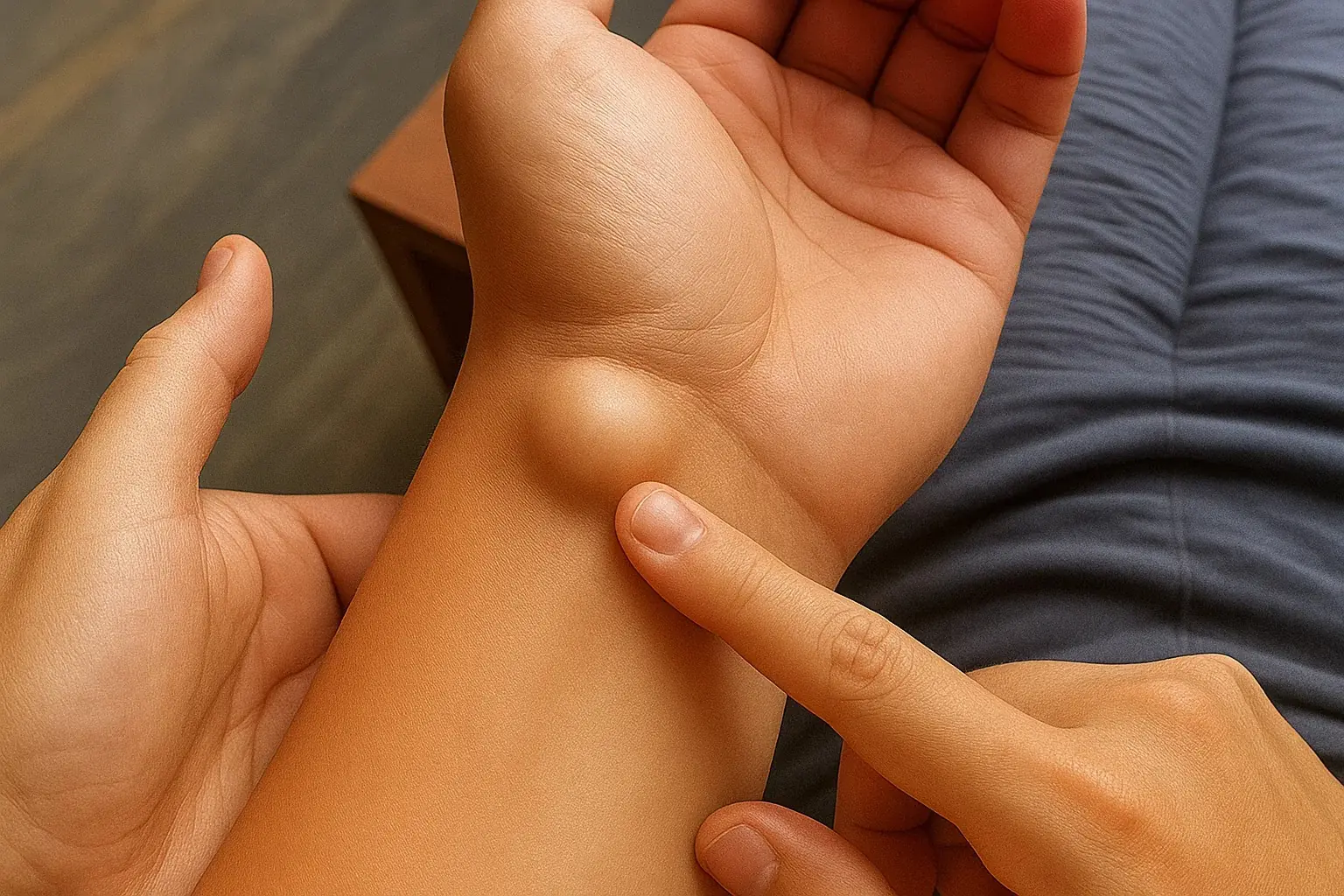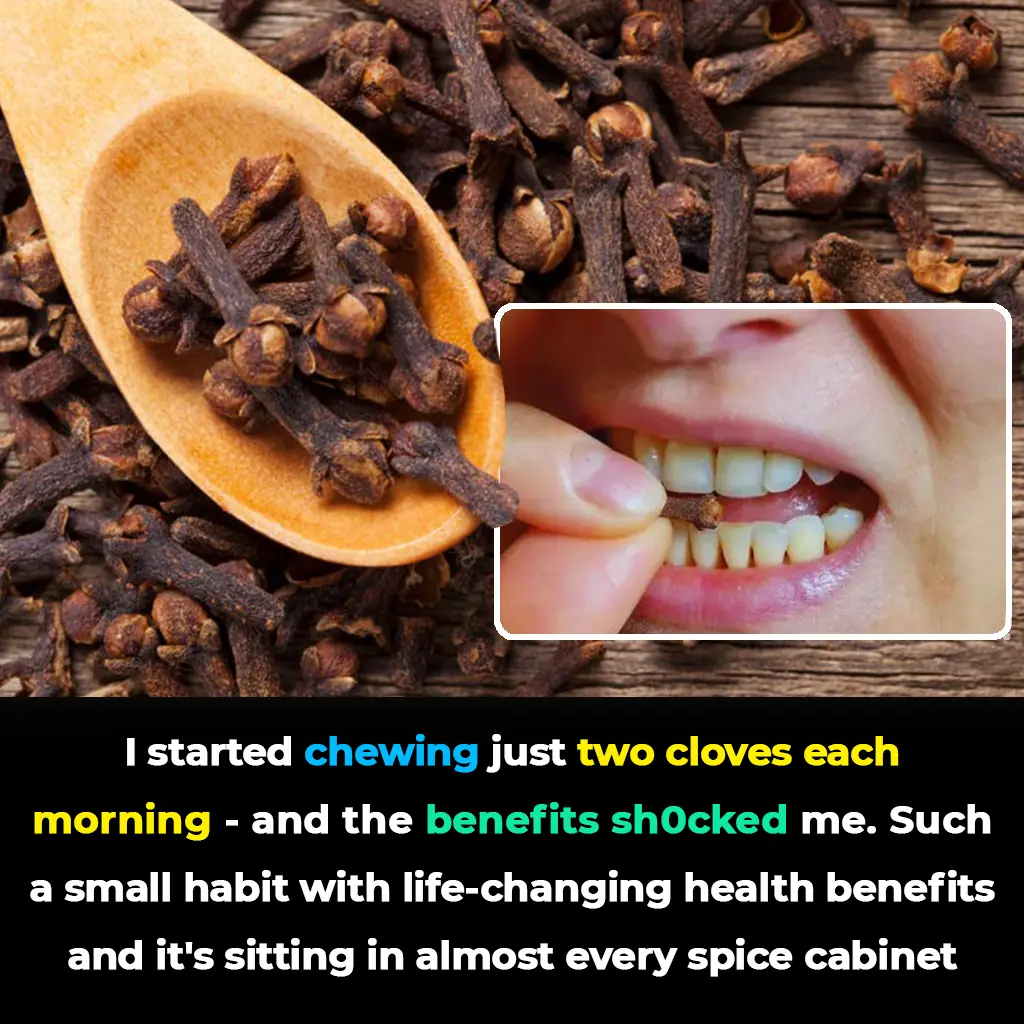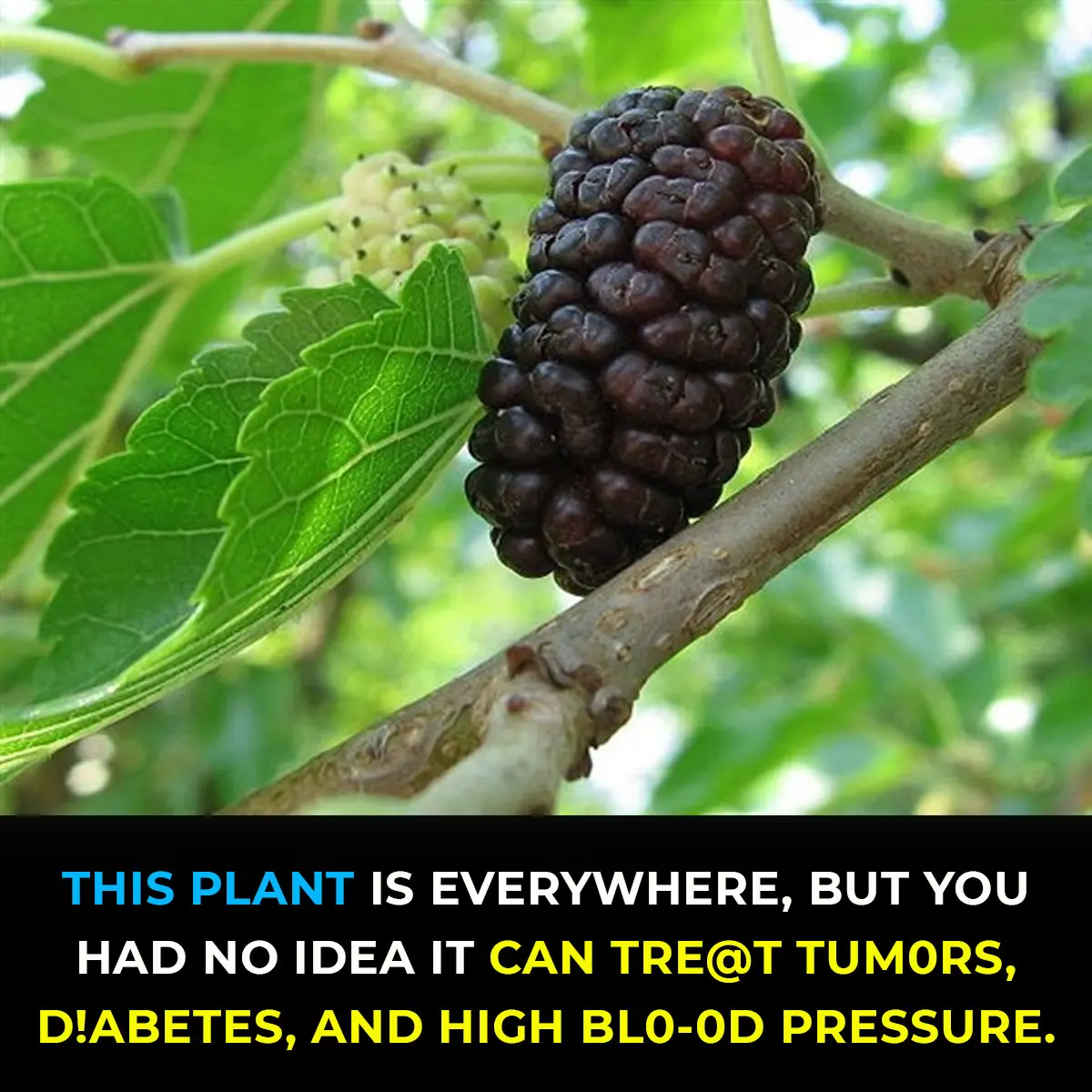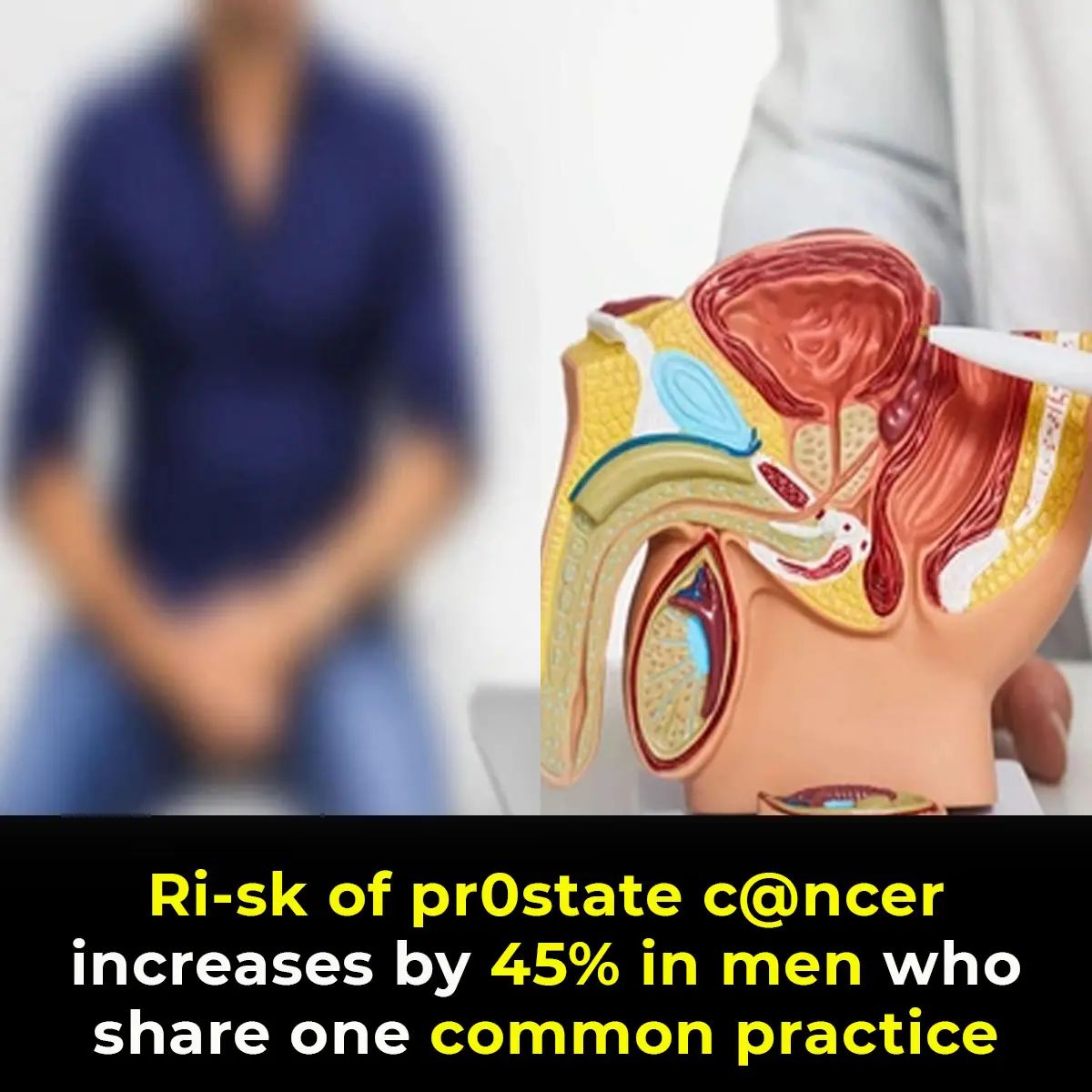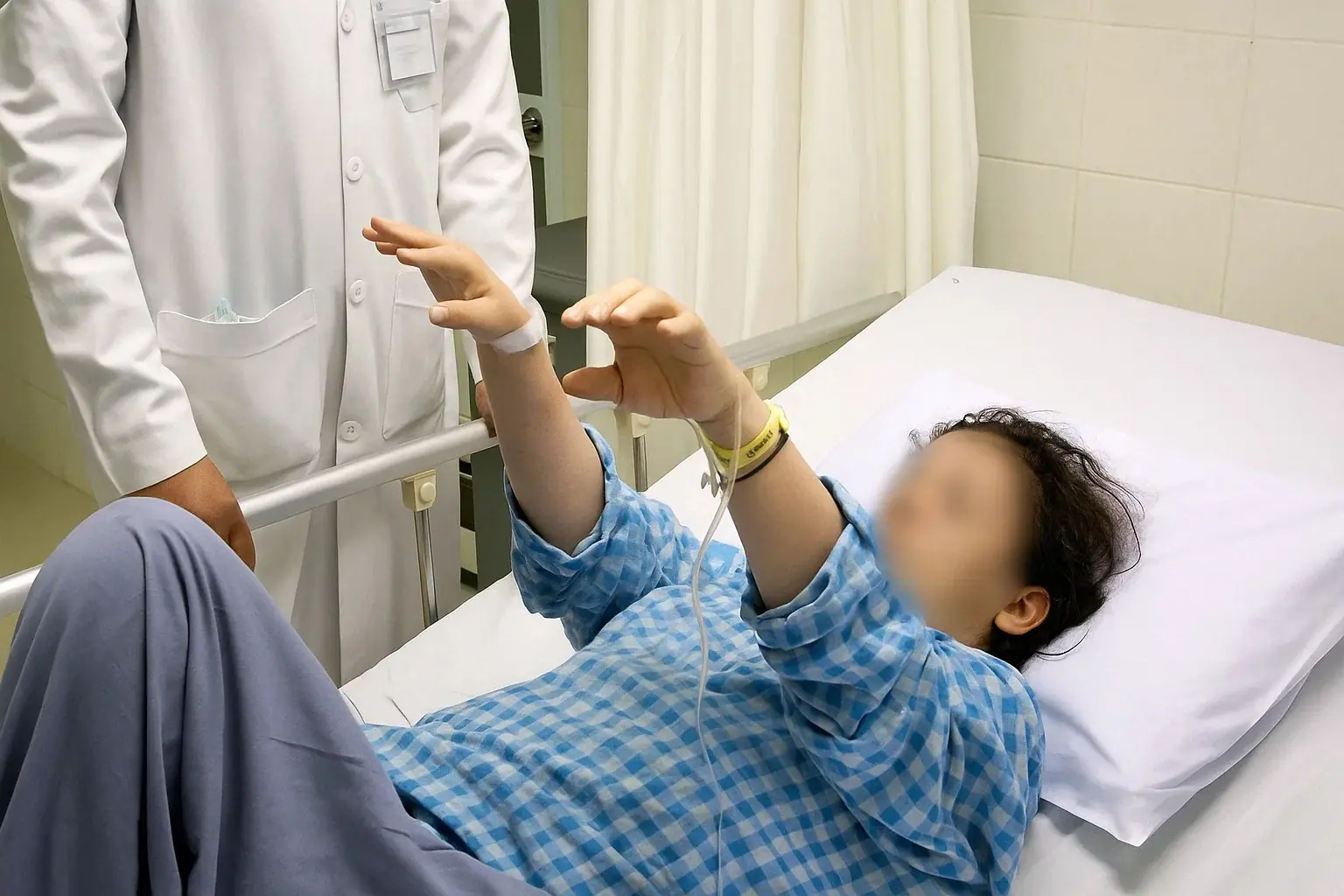
Imagine waking up unable to speak. Imagine trying to stand, but your body refuses to respond.
For millions of people around the world, this is not a nightmare—it’s their reality.
A stroke can strike suddenly, without warning, taking away one's ability to move, talk, remember, or live life as they once did. For many, these life-altering events come after years of seemingly harmless habits—like skipping a walk, having one too many late-night snacks, or ignoring the need for physical activity.
But here’s a crucial truth that science now confirms: up to 80% of strokes are preventable. Not through expensive treatments or magic pills, but by making small but powerful changes to our daily habits, especially during two critical periods: after meals and just before bed.
What you do—or don’t do—during these windows can have a major impact on your brain's health. From blood pressure spikes to sugar crashes, our bodies react to these everyday behaviors in ways we may not fully realize. But science does.
Recent groundbreaking studies reveal that habits like staying up late, eating too close to bedtime, or skipping a post-meal walk can significantly increase the risk of stroke.
This article explores three key don’ts after meals and four critical don’ts before bed, all backed by research. These habits should be your blueprint for safeguarding your brain, body, and future—no matter your age.
After Meals: Three Things to Avoid
-
Don’t sleep or nap right after eating
Many people feel sleepy after meals and are tempted to lie down for a nap. However, this disrupts digestion and can interfere with metabolic regulation. Eating and napping right away is linked to insulin resistance, high blood pressure, and weight gain—major stroke risk factors. Studies show that meal timing directly influences sleep quality and cardiometabolic health. Waiting at least 2–3 hours between your meal and any nap or bedtime supports better digestion and overall health.
-
Don’t remain inactive after meals
Avoid slumping on the couch immediately after eating. Instead, go for a 20-minute walk. Research shows that even light activity can help regulate blood sugar and blood pressure, lowering the risk of conditions like type 2 diabetes and hypertension—both of which are linked to strokes. One study found that a slight increase in walking speed was associated with a 13% reduction in stroke risk. Regular walks after meals also improve vascular health and help control post-meal glucose levels.
-
Don’t drink alcohol right after eating
While some people enjoy a drink after dinner, studies have shown that alcohol consumption—moderate or otherwise—can lead to increased inflammation and damage to blood vessels. A major international study linked regular alcohol intake to a higher risk of stroke, even when binge drinking was infrequent. Instead of alcohol, try herbal tea or water to support better metabolism and recovery.
Before Bed: Four Things to Avoid
-
Don’t eat dinner too late (e.g., after 9 p.m.)
Having your last meal too close to bedtime, especially after 9 p.m., can disrupt your body’s natural rhythms and affect metabolic health. A study of over 103,000 adults in France found that eating after 9 p.m. increased the risk of cerebrovascular disease (including stroke) by 28%, compared to eating before 8 p.m. Delaying both breakfast and dinner by each hour also increased cardiovascular risks, regardless of diet quality.
-
Don’t go to bed too late or vary your bedtime
Consistency is key when it comes to sleep. Studies tracking over 72,000 adults found that irregular sleep patterns—such as varying bedtimes—raised the risk of stroke and heart attacks. Additionally, both too little (<5 hours) and too much (>9 hours) sleep are associated with higher stroke risk. Aim for 7–9 hours of sleep per night, and try to go to bed at a consistent time each night.
-
Don’t consume alcohol close to bedtime
While alcohol may help you fall asleep initially, it significantly disrupts sleep quality and raises stroke risk. Even moderate drinking in the evening is linked to inflammation, poor sleep quality, and vascular damage. Avoid alcohol before bed, and opt for non-alcoholic beverages to ensure better sleep and vascular health.
-
Don’t consume caffeine or heavy meals late at night
Caffeine late in the day can impair your ability to fall asleep and affect sleep quality. Likewise, heavy or spicy meals close to bedtime can cause reflux and disturb your rest. The American Stroke Association and sleep experts recommend finishing dinner at least 3 hours before sleep, avoiding caffeine after mid-afternoon, and reducing fluid intake a few hours before bed to promote optimal sleep and cardiovascular health.
Why These Habits Matter: The Science Behind It
-
Circadian rhythms, metabolism, and meal timing
Our metabolism, blood pressure, and glucose levels are influenced by natural circadian rhythms tied to daylight and sleep patterns. Eating too late disrupts these internal clocks, which can lead to poor insulin sensitivity and increased inflammation—both of which raise stroke and cardiovascular disease risk.
-
Sleep quality as a stroke risk factor
Inadequate sleep quality—not just quantity—is increasingly recognized as a stroke risk factor. Disrupted sleep patterns, such as snoring, inconsistent sleep timing, or extremes in sleep duration, significantly increase stroke risk. Sleep disorders like sleep apnea further elevate the risk, especially for men.
-
The combined impact of lifestyle choices
Changing meal and sleep habits complements traditional stroke prevention strategies like controlling blood pressure, reducing sodium, following a heart-healthy diet, quitting smoking, maintaining a healthy weight, and staying active. Consistently making these lifestyle changes is the most effective strategy for secondary stroke prevention.
Putting It All Together: A Daily Routine to Lower Stroke Risk
Here’s how to incorporate the “3 don’ts after meals” and “4 don’ts before bed” into your daily routine:
Morning/Afternoon Routine
-
Eat breakfast early (before 9 a.m.) to align with natural metabolic peaks.
-
Include whole grains, fruits, vegetables, lean proteins, and healthy fats in your meals.
-
Limit sodium to ≤1,500–2,300 mg/day and avoid processed foods.
-
Exercise regularly: at least 150 minutes of moderate aerobic activity each week, plus strength training twice weekly.
After Meals
-
Wait at least 2–3 hours after eating before napping or sleeping.
-
Take a 20-minute walk after meals to improve digestion and regulate blood sugar.
-
Skip alcohol and opt for water or herbal tea.
Evening/Pre-Bedtime
-
Finish dinner by 8 or 9 p.m. to give your body enough time to digest before sleep.
-
Avoid heavy, spicy, or fatty meals in the evening.
-
Stop caffeine intake by mid-afternoon.
-
Avoid alcohol before bed, as it disrupts sleep and increases stroke risk.
-
Stick to a consistent bedtime, aiming for 7–9 hours of sleep each night.
-
Limit fluid intake 1–2 hours before bed to prevent waking up during the night.
Although small, these habits leverage circadian rhythms, metabolic control, and sleep hygiene—all essential for reducing stroke risk. When combined with a balanced diet, blood pressure management, regular exercise, and avoiding smoking, these daily choices can lead to powerful stroke prevention.
Final Tips
-
Start by adding one new habit at a time (e.g., taking a walk after dinner).
-
Maintain a consistent sleep schedule, even on weekends.
-
When socializing in the evening, skip alcohol or save it for earlier.
-
Use a journal or app to track your meal and sleep times for consistency.
By following these scientifically-backed “don’ts” after meals and before bed, you can support your metabolism, sleep quality, blood pressure, and vascular health—greatly reducing your stroke risk over time. Stay informed, stay empowered, and start making healthier choices today for a stroke-free tomorrow.


